Horse Age and Lifespan Facts
Updated on 04/26/24
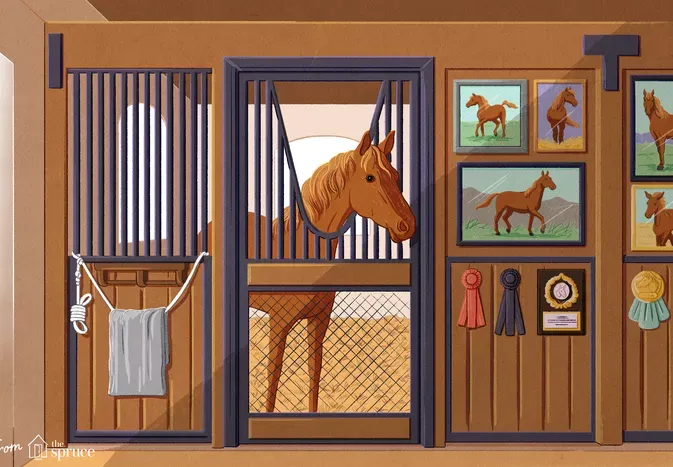
Unveiling the Secrets of Equine Age and Lifespan: A Comprehensive Guide
Introduction
Horses, majestic and enigmatic creatures, have captivated our hearts for centuries. Their graceful movements, unwavering loyalty, and remarkable lifespan have made them an integral part of our lives and cultures. Yet, understanding the intricacies of their aging process and longevity remains a fascinating subject for horse enthusiasts and equine professionals alike. This blog delves into the intriguing world of horse age and lifespan, providing a comprehensive guide to their aging milestones, factors influencing their longevity, and practical tips for ensuring their well-being throughout their golden years.
Equine Aging Milestones: A Journey Through Time
Just like humans, horses progress through distinct stages of development and aging. Understanding these milestones is crucial for providing appropriate care and support at each stage of their lives.
* Foalhood (0-1 year): This period is characterized by rapid growth and development. Foals are highly dependent on their dams for nourishment and protection.
* Yearling (1-2 years): Yearlings continue to grow and gain independence, starting to explore their surroundings and learn basic behaviors.
* Adolescence (2-3 years): Adolescence marks a transitional phase where horses reach sexual maturity and develop their individual personalities and athletic abilities.
* Young Adulthood (4-8 years): Horses in this stage are considered to be in their prime, physically and mentally. They are typically trained for their intended purpose, whether it be riding, racing, or companionship.
* Maturity (9-15 years): Horses enter maturity with a relatively stable demeanor and physical condition. However, regular exercise and preventive care become increasingly important.
* Seniority (16+ years): As horses age beyond 16, they gradually experience physiological changes and a decline in certain functions. Specialized care and attention are required to maintain their quality of life.
Factors Influencing Horse Lifespan: Unraveling the Secrets
The lifespan of a horse is influenced by a complex interplay of factors, including:
* Breed: Different breeds exhibit varying lifespans. For example, ponies tend to live longer than draft horses.
* Size: Smaller horses generally have longer lifespans compared to larger breeds.
* Genetics: Inheritance plays a significant role in determining a horse's longevity.
* Environment: Proper nutrition, exercise, and living conditions contribute to a horse's overall health and lifespan.
* Veterinary Care: Regular veterinary check-ups, vaccinations, and parasite control can help prevent or manage age-related health issues.
Case Studies: Exploring the Lifespans of Extraordinary Horses
Throughout history, certain horses have defied the average lifespan, becoming legends in their own right:
* Old Billy: A Clydesdale gelding who lived from 1760 to 1822, reaching a remarkable age of 62.
* Shayne: A Thoroughbred mare who lived from 1997 to 2021, setting a new record for the oldest Thoroughbred at 24 years of age.
* Sugar Puff: A Shetland pony who lived from 1961 to 1994, holding the title of the oldest living pony for over 20 years.
These exceptional examples highlight the potential longevity of horses when provided with optimal care and a supportive environment.
Practical Tips for Enhancing Horse Longevity: A Path to a Golden Age
Ensuring a long and healthy life for your horse requires a holistic approach that addresses their physical, mental, and emotional well-being:
* Provide a Balanced Diet: A nutritious diet is essential for maintaining a healthy weight and preventing metabolic disorders. Consult with an equine nutritionist to create a diet tailored to your horse's individual needs.
* Engage in Regular Exercise: Exercise keeps horses mentally and physically stimulated, promoting cardiovascular health and joint mobility. Choose activities appropriate for your horse's age and fitness level.
* Maintain a Clean and Safe Environment: Provide a clean stall or pasture with adequate shelter from the elements. Regular cleaning helps prevent the accumulation of bacteria and parasites.
* Seek Veterinary Care Regularly: Veterinary check-ups allow for early detection and treatment of health issues. Vaccinations, parasite control, and dental care play a crucial role in preventive care.
* Offer Social Interaction: Horses are social creatures that thrive on companionship. Provide opportunities for them to interact with other horses or trusted humans.
Conclusion: Honoring the Journey of Equine Life
Understanding horse age and lifespan is not merely about statistics but about appreciating the unique journey of each individual horse. By providing the best possible care and support throughout their lives, we honor their extraordinary companionship and the irreplaceable bond we share with these magnificent creatures. May this comprehensive guide serve as a roadmap for ensuring the well-being of horses of all ages, allowing them to live long, fulfilling, and happy lives.
Explore More Pets
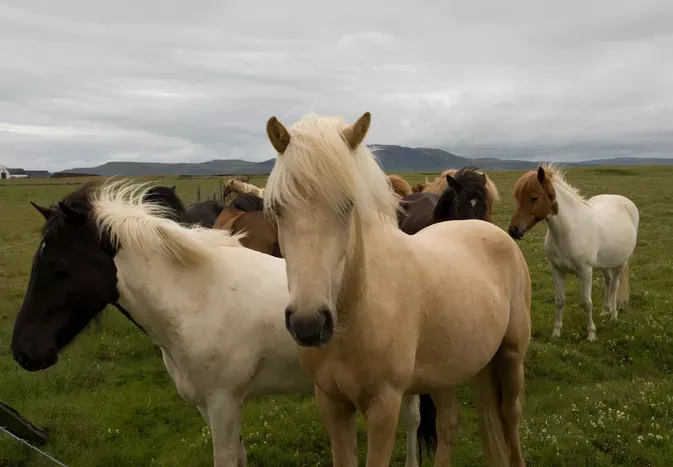
Pony Breeds
The Difference Between Horses and Ponies
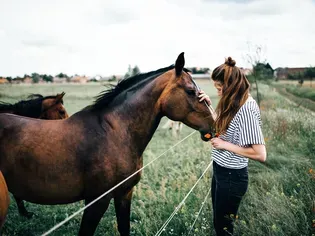
Horse Diseases & Conditions
What Do I Do If My Horse Colics?
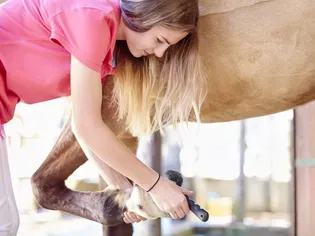
Pony Breeds
Horse and Pony Care by the Day, Week, Month and Year
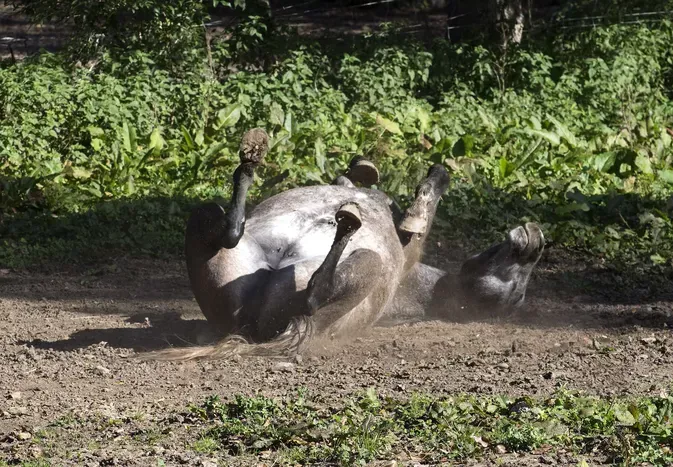
Horse Grooming
Mange in Horses
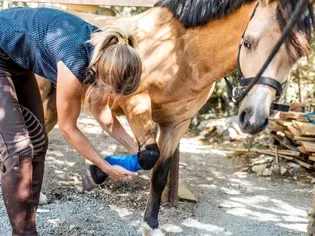
Horse Diseases & Conditions
Grease Heel in Horses
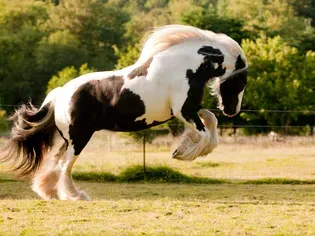
Light Horse Breeds
Gypsy Vanner Horse Breed Profile
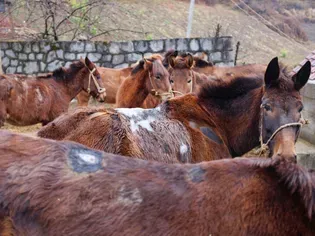
Horse Diseases & Conditions
Girth Galls and Saddle Sores
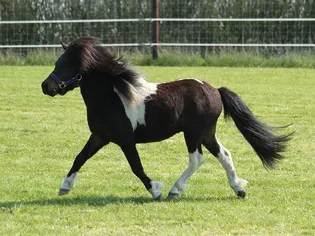
Pony Breeds
Shetland Pony Breed Profile